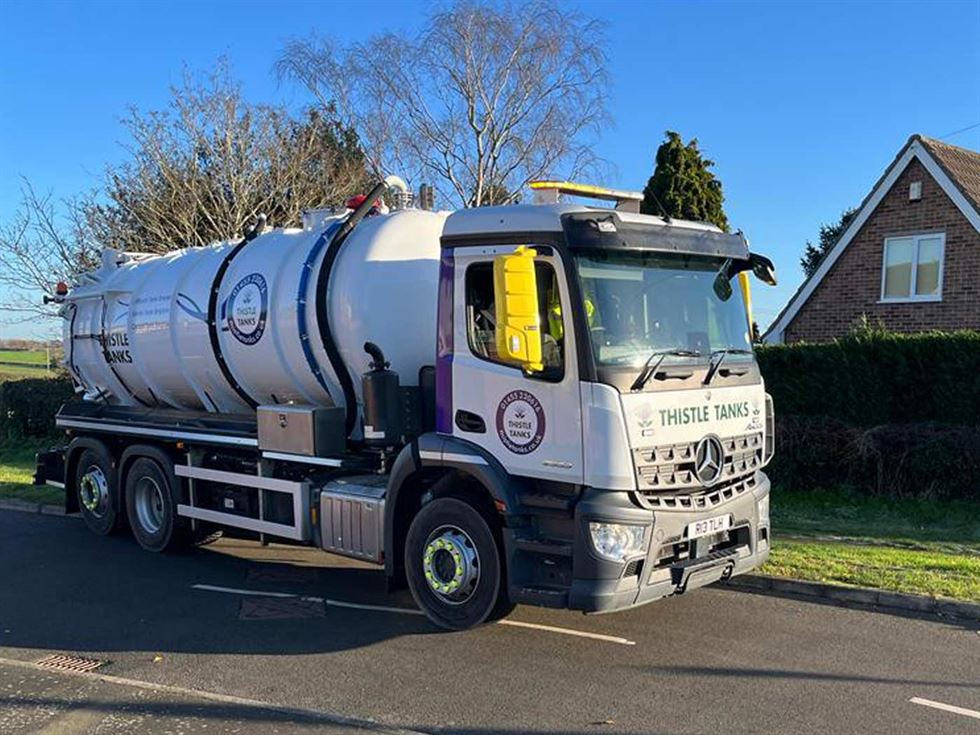Whether or not you need to update your septic tank is a question that will likely have crossed your mind – and yet finding the answers can be difficult, especially given the changes in legislation which came to fruition back in 2020.
In this blog, we intend to uncover what the legislation update looks like and help you answer the core question: will you need to update your septic tank?
What is a Septic Tank?
A septic tank is a bit like your very own basic waste filtration system, which sits under the ground close to your property and collects all of the sewage from that property. The sewage is then left to sit until it starts to naturally separate, with the solids forming a sludge at the base of the tank while the wastewater is allowed to flow through an outflow pipe into the surrounding ground. As this water passes through the soil surrounding the tank and outflow pipe, it undergoes a natural filtration process to remove any bacteria.
If you live in a rural property and are not on the main sewage network, then you will likely find that your property is connected to a septic tank – something that you need to be aware of in terms of ongoing maintenance and managing how you empty the tank consistently.
While tank maintenance and advice on septic tank emptying is fairly easy to find online, navigating the information around the legislation update isn’t as clear.
Septic Tank Legislation Update 2020
The legislation update, which came into play in January 2020, states that:
· Water discharge from a septic tank can only pass through to a drainage field.
· If you are buying or selling a property with a septic tank, more specifically one which runs out to a watercourse, an agreement must be made as part of the sale of who will take responsibility for upgrading the tank.
In short, these updates cover the updated understanding that wastewater, even after going through the natural filtration process, is no longer clean enough to be filtered into anywhere other than a drainage field and that if wastewater makes its way to soakaways or watercourses then this harms the environment. For anyone looking to buy a home that uses a septic tank, it’s always important to understand the implications of this and know what condition the tank and its inner workings are in before you make a purchase. That’s why familiarising yourself with these regulations early on is the best course of action.
For septic tanks that don’t currently fall within these new legislation guidelines, changes need to be made so that you either:
· Connect the tank to a mains sewer
· Install a drainage field for your wastewater
· Replace your septic tank with a sewage treatment plant
Failure to do so may leave you liable for fines or penalties. To find out everything you need to know about septic tanks, get in touch with our professional team at Thistle Tanks today. Check out our affordable septic tank pumping services, call us on 01455 230616 or get in touch via our contact page for more details.
Updated September 2023

